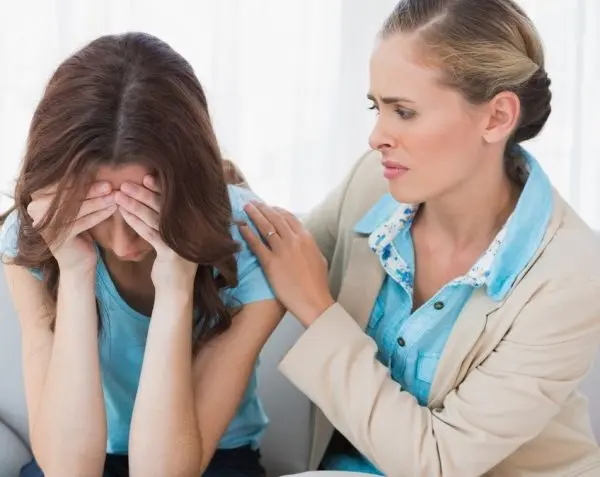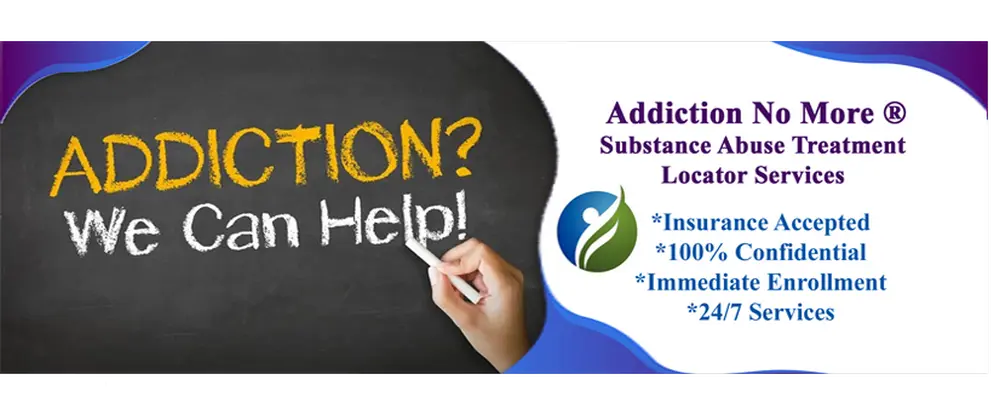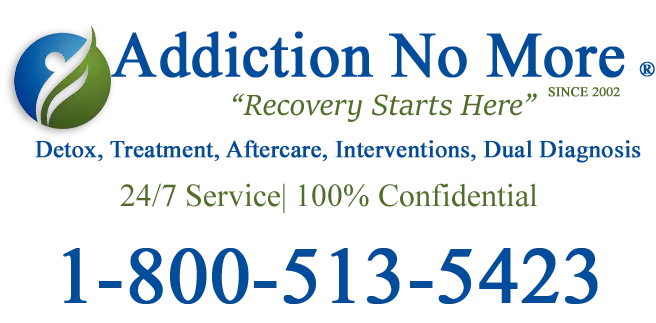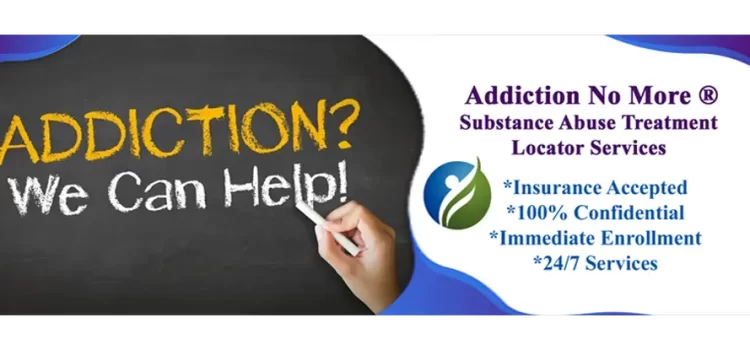Chronic Relapse Rehab for people who struggle with relapsing
Addiction can be a challenging disease to overcome, as is the battle to remain sober and avoid relapses after overcoming the initial addiction. People who are in recovery must remain proactive in their recovery or face relapse. Relapsing is so common that some people end up relapsing over, and over again. This is what is called Chronic Relapsing Disease and requires a person to enter a program specifically tailored to relapsing clientele.
Relapsing can be a part of recovery for some people who have already attended a substance use treatment center previously. The only way for someone to fail at recovery is when they stop trying. Keep trying and stay positive, do not let a slip discourage you, or the progress that you have already made.
If you need help locating a program that specializes in programs for people who have relapsed and need a quick correction to make sure it doesn’t happen again, give us a call today We will explain the type of programs that specifically help people who have been to a previous rehabilitation center, and need a correction before a full-blown relapsing event happens.
1-800-513-5423
What you will learn:
What is chronic relapse disease?
What treatment options are there for people who have relapsed?
Why does relapse happen?
Most common stages of relapse

What is Chronic Relapse Disease?
Chronic relapse is when a person wants to stop drinking or overusing substances but is repeatedly relapsing despite their best efforts to stay sober. Although it is common for some people who have abstained from substance misuse to relapse, it is important to check yourself before it gets out of control. Chronic relapsing is determined by a compulsive need to use a substance or engage in an activity, even when it has harmful consequences. It can also be defined as a chronic brain disease that causes people to lose control over their substance intake. When an individual is stuck in a related, clinical pattern or treatment, recovery, and relapse this is considered “chronic relapse”.The term “chronic relapse” may make you think that relapsing is an inevitability that may seem discouraging in the face of recovery, but it is important to remember that “chronic” does not mean “permanent”. The term refers to and defines a set pattern, to help counselors and substance abuse professionals better understand the affliction and help the individual understand the triggers that are leading to the relapsing events. This will give counselors and addiction specialists a plan to design a specific treatment plan to help address the underlying problems and get the individual back on track in their recovery.

What treatment options are there for people who have relapsed?
Before treatment and depending on the substances that are being misused, a stay in a detox facility might be the first step. If a person is using prescription sedatives, alcohol, opioids, benzodiazepines, or barbiturates chances are that a detox will be necessary. Once a person is stabilized then they can go to an inpatient program or outpatient treatment center.The most commonly used therapy for someone who relapses is CBT (Cognitive Behavior Therapy). This focuses on unhealthy and misguided beliefs about drug use while providing skills to help manage stress, triggers, and cravings. CBT helps a person realize how thoughts lead to emotions, which can prompt behavior patterns, and how to change negative beliefs into positive ones.
Other treatment options to consider are:
*Start personal therapy, or up the time for your personal therapy. If you are enrolled in a therapy program, you can express to your therapist that you need to increase your sessions to help you learn why relapse happened and develop new tools to prevent future relapses.
*Attend support groups. If you already attend a group, you may find it beneficial to attend more meetings following a relapse. Self-help groups will help with support in a non-judgmental environment. Being able to process your relapse with the help of your peers will help you understand why you relapsed and help determine what tools you need to avoid future relapses.
*Increased self-care. When we talk about “self-care”, we are referring to taking care of your physical body. Examples of self-care include meditation, yoga, exercise, eating, and sleeping well. A personal care routine will strengthen your self-worth and help mitigate the stress and guilt that can happen after a relapse.
MAT Services have been proven to help with chronic relapses when coupled with therapy and relapse prevention programs. Medication-assisted treatment boasts a 50% success rate for those who participate in the MAT program and maintain sobriety for 12 months or longer. Studies have shown that there is little difference in sobriety results between those using Buprenorphine versus Methadone.
It is important to maintain a positive outlook on life after a relapse has taken place. Experiencing negative emotions, like anger, shame, disappointment, and guilt is normal. It is very important to remember that relapse can become a learning experience of what not to do and how to recognize the signs of a possible relapse. When you understand the triggers and events that led up to the relapse you will have a better plan to reduce future relapses while helping you get back on track with your program.

Why does relapse happen?
There are many reasons for someone who has stopped using drugs or alcohol to fall back to old habits and relapse. Finding a program that specializes in treatment for chronic relapses will help you better understand how this happened and help the individual understand the signs that led up to the relapse. Below we have listed the common causes of relapse.*Going to a detox without professional help afterward. Some people think that once they get detoxed everything will go back to the way they were before using drugs or alcohol. Detoxing from home is not recommended. Detoxing from alcohol and some medications can lead to a medical emergency without medical intervention which can lead to serious consequences to one’s health.
*Not seeking treatment at a formal addiction treatment center. A person who detoxes and does not enter a program for addiction treatment often relapses very quickly. This is why there are residential, outpatient, and aftercare programs to help the individual realize why they are self-medicating. People who finish and apply themselves to the program they were attending, are less likely to relapse.
*Not taking care of or neglecting mental health concerns. Almost half of the people who enter treatment for a substance abuse disorder have experienced or have been diagnosed with an underlying mental health condition. For this reason, it is important to handle both the addiction and underlying mental health conditions while in treatment for a substance use disorder. Without mental health treatment, a person can still experience the same symptoms, which can make it tempting to self-medicate.
*Lack of aftercare planning and implementation. When a person gets ready to leave the treatment program, they will work on their return home planning or (aftercare program). This usually sets out steps for you to take including counseling, meetings, and achievements to accomplish. This is why planning for the return home is important at the end of a rehab program. When you are offered an aftercare program from the center you have been attending, take advantage of it. This way after leaving rehab you have a solid plan to follow. Following through with aftercare treatment can help you avoid needing rehab for chronic relapse.
*Ignoring the warning signs. When relapses happen, they do not just happen out of nowhere. There was a process that led up to the event that you may or may not be aware of. Recognizing these warning signs can help the person recognize patterns of thoughts and actions that should be handled before a person needs a rehab center for chronic relapses.

Most common stages of relapse
When people think of relapse, they often think it to be a one-time event that came on suddenly. This is just not true, as it manifests in stages leading up to the relapse event. Relapse is both a process and an event that can take days, weeks, or months to happen. Knowing the signs can help the recovering person not only understand the process but also safeguard themselves when they start seeing the signs of relapse.*Self-isolation in times of need or in times of emotional distress.
*Stopping the use of medications that were prescribed to aid substance abuse recovery.
*Reconnecting with old friends or places that were part of a life when using substances.
*Thinking about or fantasizing about substance use.
Symptoms of chronic relapsing disease.
*Emotional issues
*Hopelessness
*Low energy
*Poor sleeping habits
*Dishonesty
*Craving substances
*Isolation
*Not attending support groups.
*Associating being sober with struggling.
*Doubting the effectiveness or recovery.
*No longer interested in hobbies.
*Convincing yourself that you can use drugs or alcohol without addiction.
*Refusing to handle underlying conditions that led to addiction.
*Knowing extensive amounts of treatment knowledge without being able to apply it.

Relapsing after treatment during a time of sobriety can be dangerous and shock the body’s systems. Relapsing can become dangerous to one’s health. This is due in part to the lowered tolerance levels for the individual than before treatment. It takes smaller amounts of substance to take effect in a person, which can lead to overdose or even death. If you feel you are on the verge of relapse, we can help. Our certified counselors have been where you are and know how you feel. Please call us to speak to someone now.
1-800-513-5423
Sources
Is addiction a chronic relapse disease?
Medication-assisted treatment statistics
Erik Epp – Content Author





